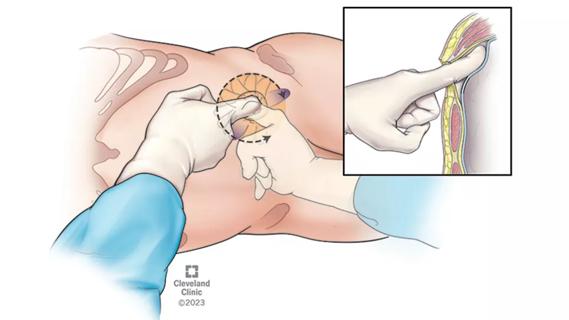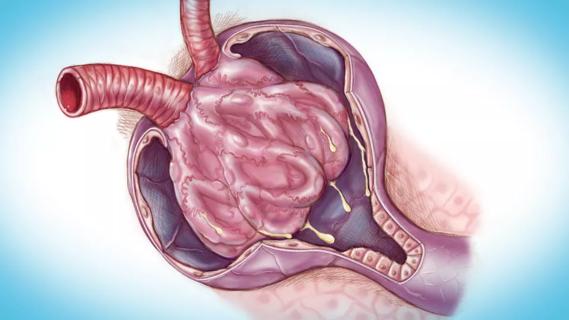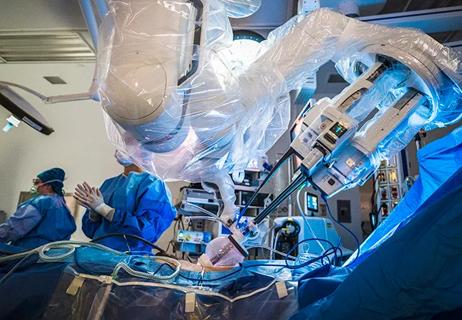Leader suggests ways colleagues can stay engaged

“Physicians who practice nephrology are no strangers to hard work and commitment,” states Leslie Wong, MD, Vice Chair, Nephrology and Hypertension Department, Glickman Urological & Kidney Institute, in a recent column in the American Society of Nephrology’s Kidney News Online. In his article, Dr. Wong – also Chair of the Quality, Assessment, Improvement and Education Working Group for CDC-sponsored Nephrologists Transforming Dialysis Safety (NTDS) — reviews changes in nephrology and suggests how colleagues can stay engaged and motivated by focusing on the “emotional and aspirational elements of work.”
Advertisement
Cleveland Clinic is a non-profit academic medical center. Advertising on our site helps support our mission. We do not endorse non-Cleveland Clinic products or services. Policy
“Patients with kidney disease, particularly ESRD, have high rates of complexity, comorbidities and require coordinated care,” he writes. “The current transformation of healthcare requires nephrologists to broaden, not narrow their accountability for clinical outcomes and costs. Nephrologists must take the lead in reducing healthcare costs, improving patient experience, aligning interdependent care delivery systems and promoting patient safety. Can we find motivational value in being thrust into this critical role?
“We need to reflect on the reasons why we chose nephrology and what really inspires us about our work,” he adds, suggesting investigating leadership opportunities such as the NTDS initiative with its goal to “Target Zero Infections.”
Read Dr. Wong’s entire ASN column.
Advertisement
Advertisement

Clinicians should individualize dosing practices based on patient risk factors and preferences

Pioneering and refining the approach in pyeloplasty, nephrectomy and more

Fully-automated process uses preop CT, baseline GFR to estimate post-nephrectomy renal function

Could mean earlier treatment, but also could have negative effects

Unlike earlier pills, new drugs do not cause liver toxicity

Male factors play a role in about half of all infertility cases, yet men often are not evaluated

Surgeons choreograph nearly simultaneous procedures, sharing one robot between two patients

Identifying barriers in the renal genetic assessment of Black patients